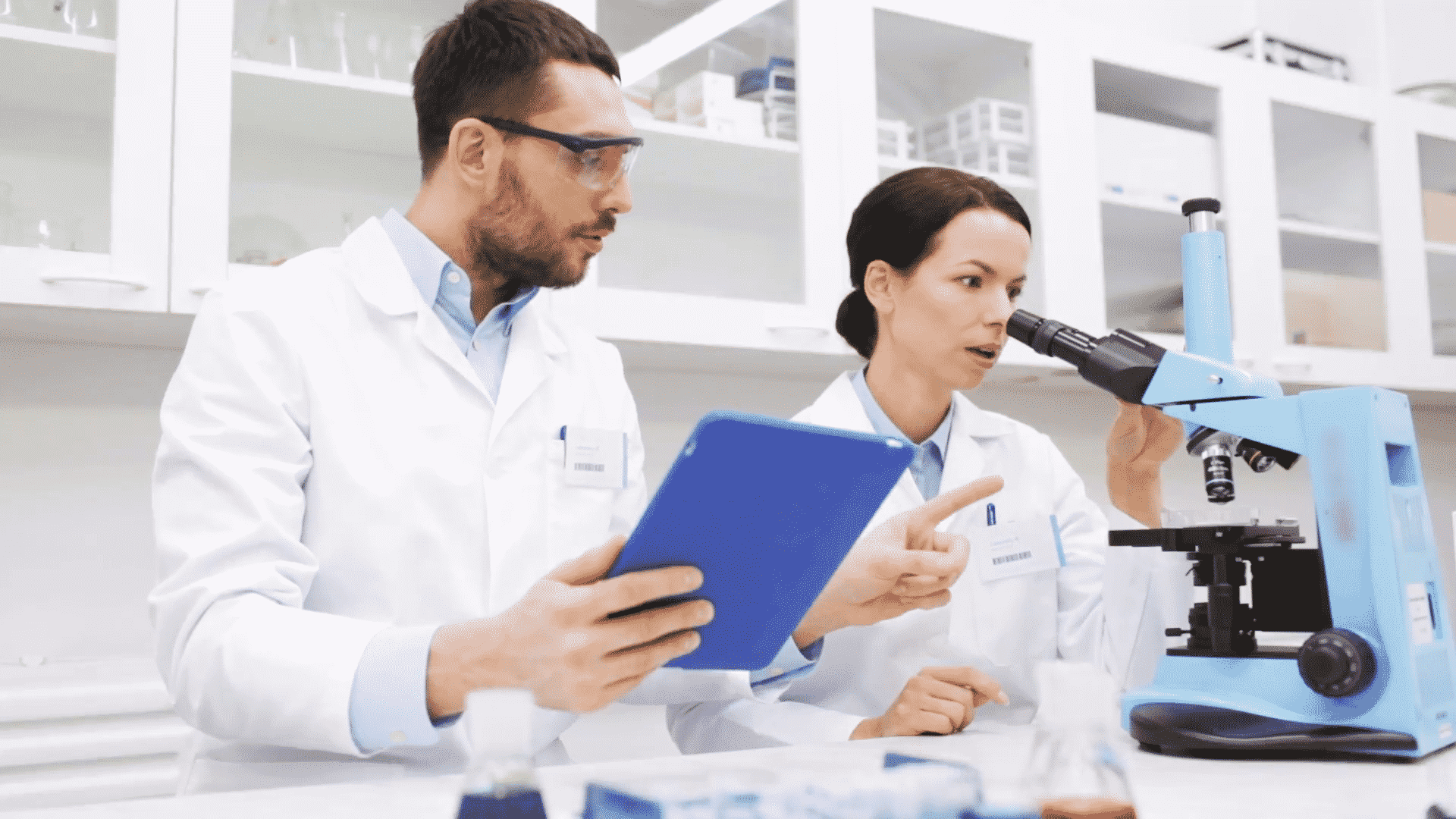Important Chemistry Lab techniques – Top 10 List
Chemistry is a branch of science that primarily deals with atoms and molecules, as well as their structures, properties, compositions, and energetics. The most important aspect of chemistry is how two or more atoms come close to each other, interact, break or form new bonds, and finally form new compounds with different or similar properties and structures. Doing practicals or experiments is the foundation of chemistry. So, in order to understand all of the ‘what’ facts, you must first understand the ‘why’ facts, i.e., the answers or reasons for all physical or chemical facts. And in order to arrive at the results or discover the reasons for them, you must conduct experiments. So, before entering the chemistry laboratory, you must first learn the essential lab techniques.
Some of the chemistry laboratory techniques are discussed here.

Spectroscopy is the most important and widely used technique for performing lab experiments, in which light is passed over a matter, and the interaction and the changes that occur are observed. It is typically used to determine the interaction between functional groups or comprehend the product’s structure. All of the different spectroscopies, such as IR, UV
, UV visible, mass spectrometry, LASER spectroscopy, etc., depend on this basic technique and range of wavelengths. It is important for chemistry students to understand how they work and what the basic principles are if their ultimate goal is research.
Chromatography is another crucial chemistry lab technique. Chromatography is a specialized technique for separating all of the constituents of a mixture into two phases: mobile phase and stationary phase. The mobile phase moves over the stationary phase, which remains constant. This is primarily based on the differential partitioning technique, in which the values of the partition function are determined, on which the retention of the stationary phase depends. Paper chromatography, TLC (Thin layer chromatography), Column chromatography, HPLC (High-pressure liquid chromatography), GC (Gas chromatography), and other chromatography techniques are among those that you should be familiar with to carry out lab-based research.

Another lab technique – filtration, which you must be familiar with, is a very important lab skill you must master at. It’s critical to understand how and when to use filter paper during the process. You should also be familiar with the various types of filter papers, which are classified based on pore size. Depending on the particle size of the reaction mixture, different filter papers are used. You should also be familiar with various filtration techniques such as vacuum filtration, hot filtration, cold filtration, etc. You should also be aware of a special type of funnel known as a Buckner funnel, explicitly used for organic synthesis and separation. When using any filtration kit, make sure you keep an eye out for contamination.

Next on the list of the most important chemistry lab techniques is Crystallization, which is a technique for purifying a solid in which the solute (the solid) is dissolved in a suitable solvent while it is hot. The process of crystallization occurs as a result of the different solubilities over different temperature ranges. This is primarily done for various organic syntheses, separations, etc. And there are various crystallization techniques, such as evaporation crystallization, cold crystallization, fractional crystallization, precipitation, etc., that you should be aware of for performing various experiments.

Compound distillation is a separation method based on the different boiling points of the crude mixtures. It is yet another important experimental technique that chemistry students must understand if they are dealing with organic, inorganic, protein, and other types of synthesis and reactions.
CSIR-NET Chemical Sciences Coaching – Best Coaching, Rasayanika


Reflux is a technique that primarily involves the condensation of vapor to recover our original reaction mixture from its vapor phase. Another important application is to supply heat to reactions over a longer period.
Ca
The most fundamental aspect of chemistry lab techniques is buret calibration and standardization. After calibrating the buret, the strengths of acids, bases, and other solutions can be standardized. Be cautious while handling the stopper while titrating, and don’t forget to use indicators such as methyl orange, phenolphthalein, BDS, etc.

Knowing the heating technique using a laboratory burner or a bunsen burner is very useful. You must understand how to adjust the flame and where to place a crucible that will be heated over a constant weight. Also, be cautious of oxidizing and reducing flames. Another way to use the heating process is to conduct a flame test to see how the flame’s colors change and identify radicals.

Another important technique is using graduated cylinders to measure the specific volume of a liquid. Be cautious about how the measuring scale is defined – starting from the top or bottom, and where the zero mark is denoted, as well as the units. To avoid contamination, always wash it with distilled water before using it. Another important point to remember is that not all the measuring cylinders have maintained the same scale throughout. So, try to use the same measuring cylinder throughout the experiment to avoid or minimize error.

Calculations are important in dilution, making new solutions or solvents, determining solution strength, etc. It assists us in determining whether or not there are any errors made during the experiment, and it may also help us gain a more advanced understanding of the experiment and its outcome. It is vital to keep a notebook for taking data and performing calculations throughout the experiment.
These are the most important chemistry lab techniques that you must know as a chemistry student. If you follow these and the safety techniques for using experimental tools and kits, you will be able to perform experiments with greater accuracy and less error. Being pro at all these techniques will help you achieve your goal of becoming a good chemistry researcher.
- Crack Physical Chemistry In CSIR NET Chemical Science Exam With 100% Score
- Career Scope After Qualifying CSIR NET / GATE Chemical Science
- 10 Secrets To Score High In Organic Chemistry In CSIR NET Chemical Science Exam
For certification courses, please visit Rasayanika Store
Keywords: 10 Most Important Chemistry Lab Techniques


















































